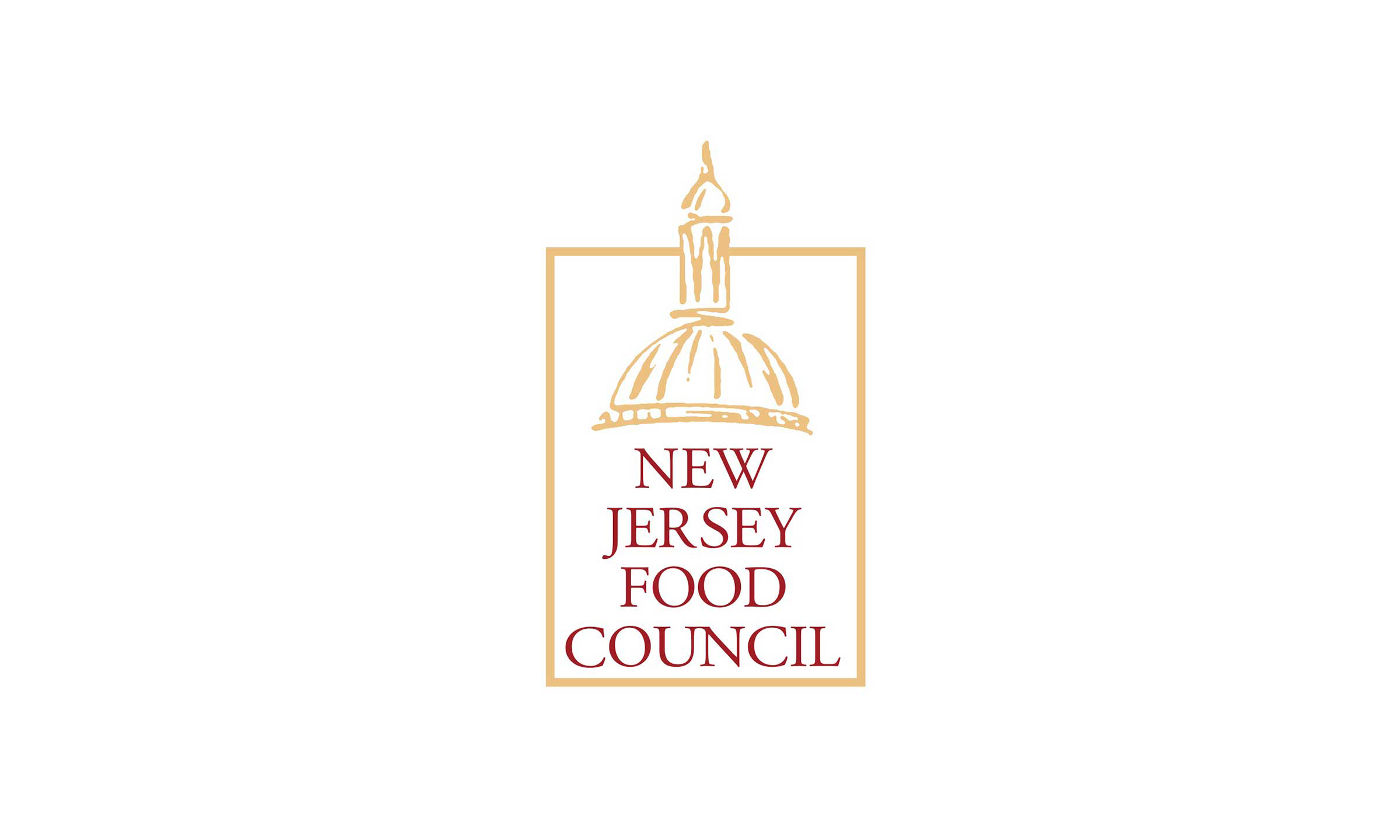The New Jersey Food Council (NJFC) is voicing its support for the New Jersey legislature after it passed a bill that would reduce the use of single-use plastic and paper shopping bags. The NJFC is hopeful that New Jersey Governor Phil Murphy will sign the bill.
Under the plan, retailers would charge a five-cent fee per bag on both paper or plastic, and stores would be encouraged offer reusable bags as an alternative and incentive to reduce the overall impact of bags on the environment. Stores would retain one cent of the fee, and the remaining four cents would go to a fund for lead abatement in schools and communities. The NJFC and member companies say they will work with government and community leaders to promote an educational campaign explaining the new law and encouraging consumers to bring their own bags to the store.
According to Linda Doherty, NJFC president, the bill “grandfathers current local ordinances already in place.” The planned effective date of the new law is Oct. 1.
“The New Jersey Food Council applauds the New Jersey Legislature for passing a comprehensive, statewide solution to reduce single-use plastic and paper shopping bags in the Garden State. We are grateful to the sponsors, Senator Teresa Ruiz and Assemblywoman Valerie Huttle, for their foresight and leadership on this sustainability issue. They have created a national model that will provide real environmental benefits without unfairly burdening consumers or businesses. Retailers and customers will also have the guidance of a clear, single statewide policy to help them reduce their usage of and reliance on plastic and paper bags,” said Doherty.
“As vice chair of the NJ Clean Communities Council, we are committed and intimately understand the importance of keeping our environment clean through anti-litter campaigns in all of New Jersey’s neighborhoods,” she continued. “The members of the New Jersey Food Council respectfully request Governor Murphy take immediate action to sign this legislation so we can begin partnering with local, civic and environmental communities to educate consumers and implement this program.”
Keep reading:
https://www.theshelbyreport.com/2018/04/30/wegmans-responds-new-york-bag-ban/
https://www.theshelbyreport.com/2017/12/18/boston-plastic-bag-restrictions/
https://www.theshelbyreport.com/2018/06/18/food-packaging-is-changing/

